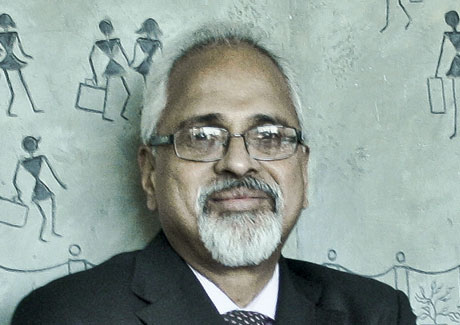Headliner: ‘I didn’t have the time to pause, rest and reflect’
As DDB Mudra Group completes a year of existence on 1 March 2013; Madhukar Kamath, group CEO and MD talks to Rishi Vora about the new structure, business growth, his vision and more.
by Campaign India Team

To continue enjoying this content, please sign in below. You can register for free for limited further access or subscribe now for full access to all out content.
Sign In
Trouble signing in?
Register for free
✓ Access limited free articles each month
✓ Email bulletins – top industry news and insights delivered straight to your inbox
Subscribe
✓ All the latest local and global industry news
✓ The most inspirational and innovative campaigns
✓ Interviews and opinion from leading industry figures
